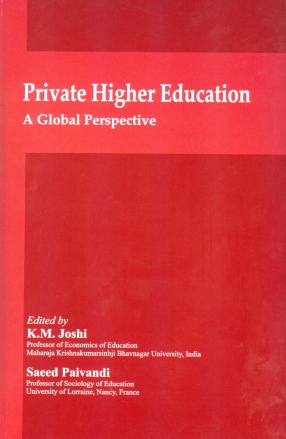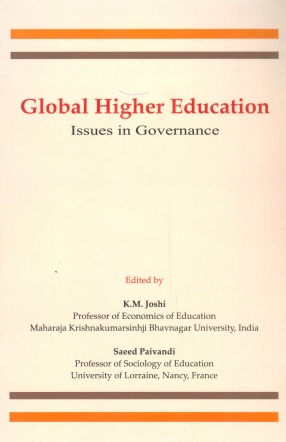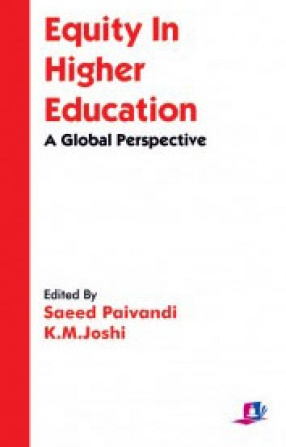Quality Assurance in Higher Education: A Global Perspective
The significant growth of number of students enrolled in tertiary education institutions in the recent past decades has caused an unprecedented expansion of higher education systems. The rapid and constant social, economic and technological mutations and international competition make the importance of qualitatively well-educated citizenry and labor forces very decisive. Globalization has developed a powerful impact on the development of higher education and imposes new challenges for the organization (standards, financing, regulations). Systems of higher education tend to detach from the national models and adopt a more ‘global’ orientation. The implementation of quality assurance is one of the recent and most decisive transformations of higher education. Different higher education systems are trying to develop assessment tools (internal and external) to improve the quality of teaching, research and extension activities, and these are either based on experiences of selected countries or are extensively country specific. The quality assurance procedures that were often dependent on national directorial traditions have gradually tended to converge and led to a setup of common tools and standards. Countries under a centralized system tend to impose a uniform and general model while decentralized systems give greater freedom to universities to set up their own quality. International rankings of universities also contribute to impose a set of transnational standards and values, which is also being considered as indicative by the stakeholders. The present book tries to look at the quality assurance mechanism, international rankings and its impact in both absolute and comparative fashion in context of about 11 countries from different parts of the world.
Get it now and save 10%
BECOME A MEMBER











Bibliographic information
K.M. Joshi
Saeed Paivandi